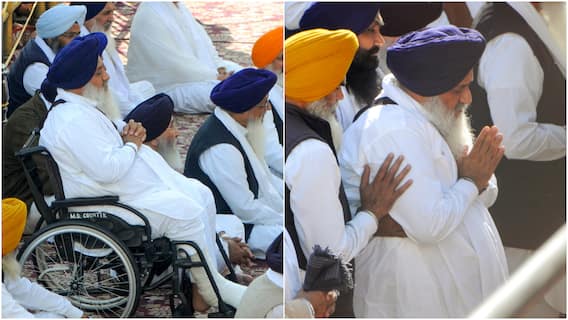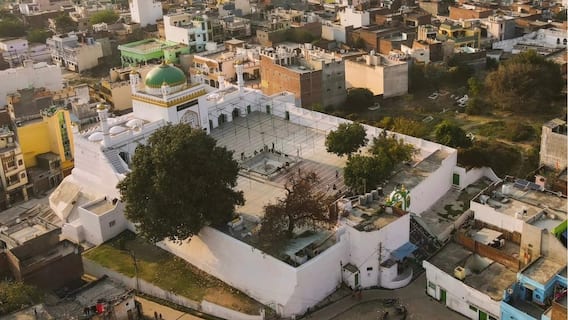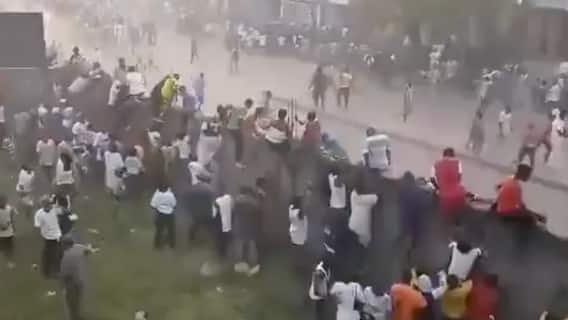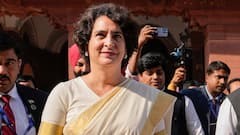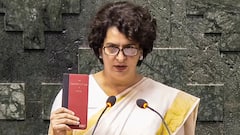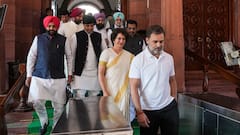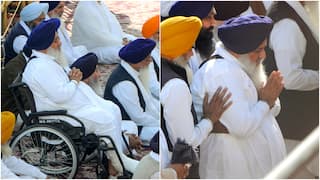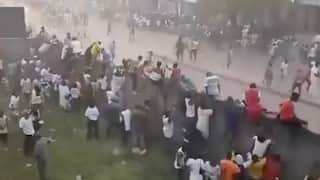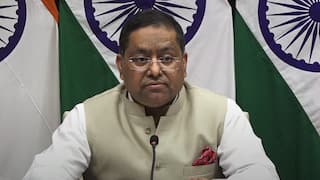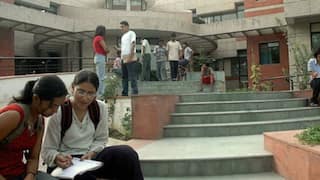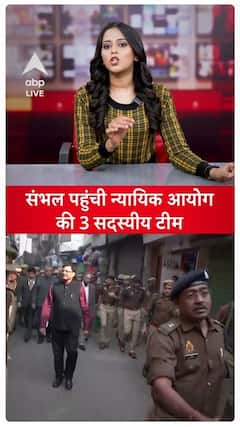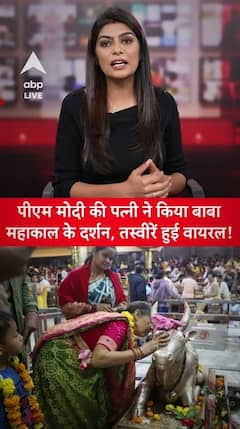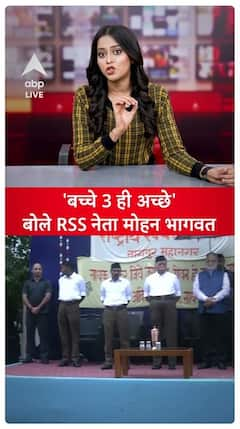Hijab Ban: Petition In Supreme Court Challenges Karnataka High Court Verdict
Hijab Ban Row: The petition was filed in the Supreme Court by a Muslim student against the HC judgment.

New Delhi: A petition was filed in the Supreme Court on Tuesday against the Karnataka High Court order dismissing pleas challenging a ban on hijab in educational institutes.
The petition was filed in the Supreme Court by Niba Naaz, a student from Karnataka, through advocate Anas Tanwir, reported Bar And Bench.
The plea said that the High Court "failed to note that the right to wear a hijab comes under the ambit of 'expression' and is thus protected under Article 19(1)(a) of the Constitution."
READ | Karnataka HC Dismisses Pleas Challenging Hijab Ban In Educational Institutions
Earlier in the day, the Karnataka High Court dismissed petitions filed by a section of Muslim students seeking permission to wear hijab inside the classroom.
The court held that hijab was not an essential religious practice of Islam and upheld the ban on wearing hijab in government schools and colleges.
"The prescription of school uniform is only a reasonable restriction, constitutionally permissible which the students cannot object to," the High Court said.
ALSO READ | 'Deeply Disappointing', 'Basic Work Of Students Is To Study': What Leaders Said As HC Upheld Hijab Ban
With regard to uniform, the plea in the Supreme Court said that rules made under the Karnataka Education Act, 1983, do not provide for any mandatory uniform to be worn by students.
"A perusal of the scheme of the Act reveals that it aims to regulate the institutions, rather than the students. Sections 3 and 7 of the said Act provide the State Government with the powers to inter alia regulate education, curriculum of study, medium of instruction, etc. However, neither of these provisions empowers the State Government to prescribe a uniform for the students," the petition said as reported by Bar And Bench.
Earlier in the day, the Karnataka High Court said that school uniform would cease to be a uniform if hijab is also allowed.
"There is absolutely no material placed on record to prima facie show that wearing of Hijab is a part of an essential religious practice in Islam and that the petitioners have been wearing hijab from the beginning," a three-judge bench, headed by Chief Justice Ritu Raj Awasthi, said.
The hijab controversy first erupted in January at a government PU College in Udupi, where six students who attended classes wearing headscarf were asked to leave the campus. The row spread to different parts of the state after Hindu students responded by turning up in saffron shawls.
Several incidents of stone pelting and unrest were reported across the state as the hijab row escalated and protests by students spread to more colleges.
Trending News
Top Headlines







